4th Gen 4Runner Problems: Common Issues and Solutions
What makes the 4th generation Toyota 4Runner stand out in the crowded SUV market? This iconic vehicle is not just a testament to Toyota’s engineering prowess but also a fascinating case study in automotive evolution. Whether you’re a proud owner or considering becoming one, understanding its strengths and weaknesses is key to a rewarding ownership experience.
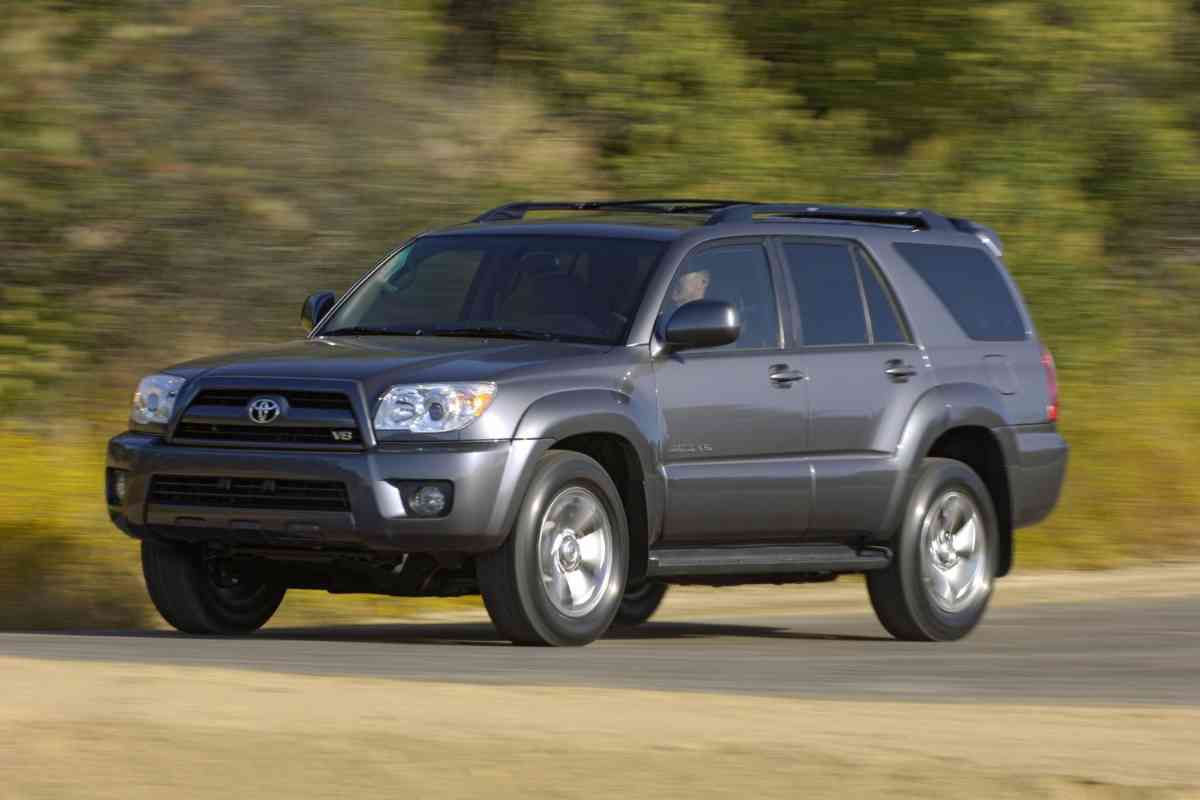
Related Post! 4th Generation V8 4Runner Towing Capacity
What Are The Most Common Problems With The 4th Generation 4Runner?
The most common problems with the 4th generation Toyota 4Runner include frame rust and corrosion, particularly in harsh climates, leading to structural integrity issues. Engine-wise, the V6 models often face timing chain problems, while the V8s are prone to exhaust manifold cracks. Additionally, electrical issues, such as malfunctioning dashboard lights and accessory glitches, are frequent.
While the 4th gen 4Runner is celebrated for its rugged build and durability, it’s important to remember that no vehicle is perfect. Over the years, several issues have come to light, affecting everything from mechanical components to electronic systems. Are you aware of these potential pitfalls? Knowing them is crucial, especially if you’re eyeing this SUV as your next big purchase.
Mechanically, some 4Runners have faced challenges with their automatic transmission and head gasket. These are not just minor inconveniences but can significantly impact your driving experience. Furthermore, if you’re living in areas with harsh weather or salty roads, watch out for rust and corrosion – they can compromise the SUV’s structural integrity.
Electronically, this model isn’t immune to glitches. Issues like malfunctioning dashboard lights or power window failures might seem small, but they can be frustrating. Are these deal-breakers for you, or just part of the adventure of owning a classic SUV?
Related Posts! What Years Were The 4th Generation of 4Runner Made and How To Tell What Generation Your 4Runner Is.
Historical Overview and Design Evolution
The journey of the 4th generation 4Runner is as intriguing as its capabilities. From its launch to various facelifts and special editions, each phase of its evolution brought something new to the table.
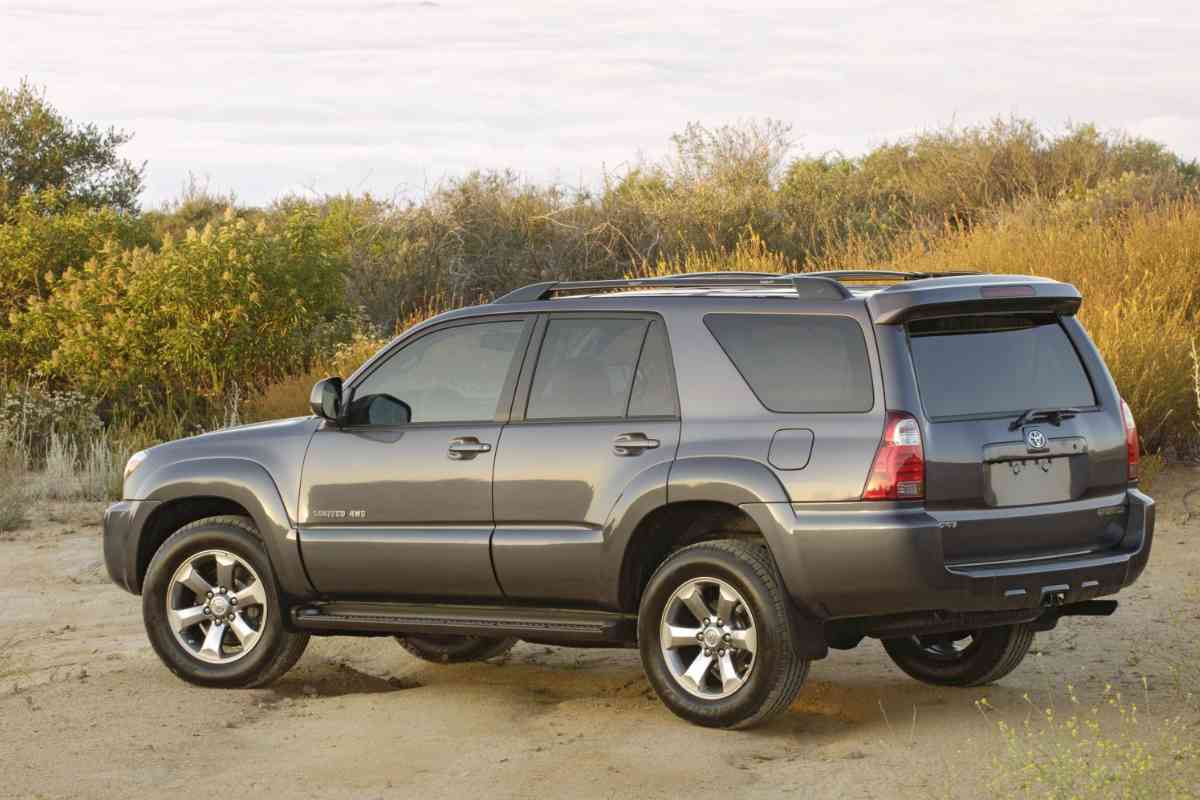
Launch and Releases
Introduced with much fanfare, the 4th gen 4Runner offered choices like the SR5, Sport Edition, and the plush Limited trim. Each variant catered to different tastes and needs. What’s your style? A no-nonsense utility vehicle or a touch of luxury in your off-road adventures?
Facelift Changes
In 2006, the 4Runner underwent a significant facelift. This wasn’t just about looks; it was about keeping up with the times. The updates included new bumpers, headlights, and a restyled grille, giving it a more modern appeal. Inside, the upgrades in materials and design ensured that the cabin’s comfort and style matched the exterior’s rugged charm.
Special Editions and Variants
The 4Runner’s versatility is further highlighted by its special editions. The Urban Runner package was perfect for city dwellers looking for a stylish yet practical SUV. Meanwhile, the Trail Edition was a dream for off-road enthusiasts, equipped to handle the toughest terrains. This variety underscores Toyota’s commitment to meeting diverse consumer needs.
Related Post! What 4Runnner Trim Is Best?
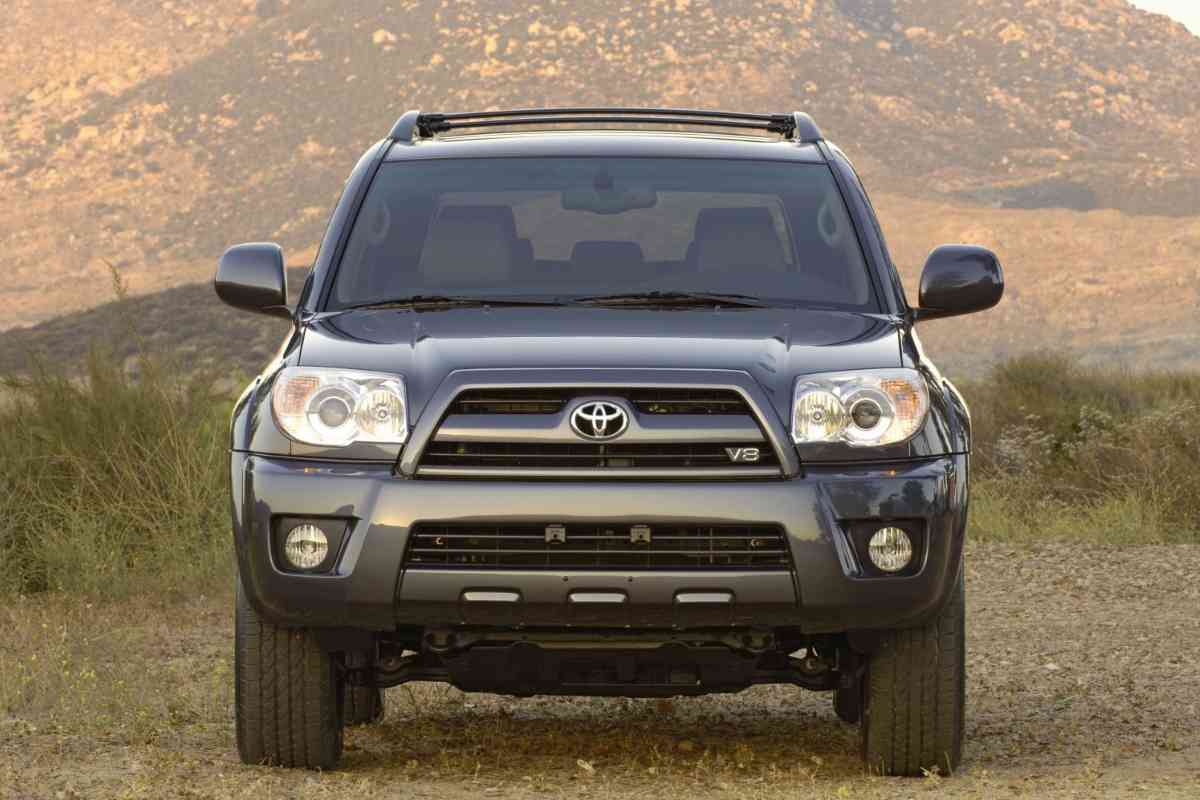
Common Mechanical Issues
Owning a 4th Gen Toyota 4Runner means embracing both its strength and its quirks. Like any vehicle, it’s not immune to wear and tear. In this section, we’ll explore some common mechanical issues you might encounter, focusing on engine performance, transmission, exhaust and emissions, and brakes. Being aware of these can help you keep your 4Runner in top shape for all your adventures.
Engine Performance
Under the hood, the 4Runner offers two engine types: the V6 (1GR-FE) and the V8 (2UZ-FE). Generally, these engines are reliable powerhouses, but they’re not without their issues.
- V6 Engine Concerns: Watch out for timing chain troubles. If you’re hearing unusual engine noises or noticing a dip in performance, it might be time to check the timing chain.
- V8 Engine Issues: The V8’s challenge often lies in the exhaust manifold. Repeated heating and cooling can lead to cracks, leading to exhaust leaks and reduced engine efficiency.
Transmission Concerns
Your 4Runner’s transmission is typically robust, but it’s wise to stay vigilant for signs of wear.
- Automatic and Manual Transmission: Be on the lookout for symptoms like transmission slipping or delayed engagement. These can be early warnings that your transmission needs some TLC.
Exhaust and Emission Faults
The exhaust system plays a crucial role in controlling your 4Runner’s emissions, but it’s not fail-proof.
- Exhaust Manifold: A faulty exhaust manifold can mess with emission regulation and engine efficiency. Regular checks are your best defense against these issues.
Braking System Flaws
Never compromise on safety, and that means keeping your braking system in check.
- Brake Wear and Tear: If your brake pedal feels spongy or if you’ve noticed a decline in braking performance, it’s a clear sign that your brakes need attention. This could range from replacing brake pads to servicing calipers.
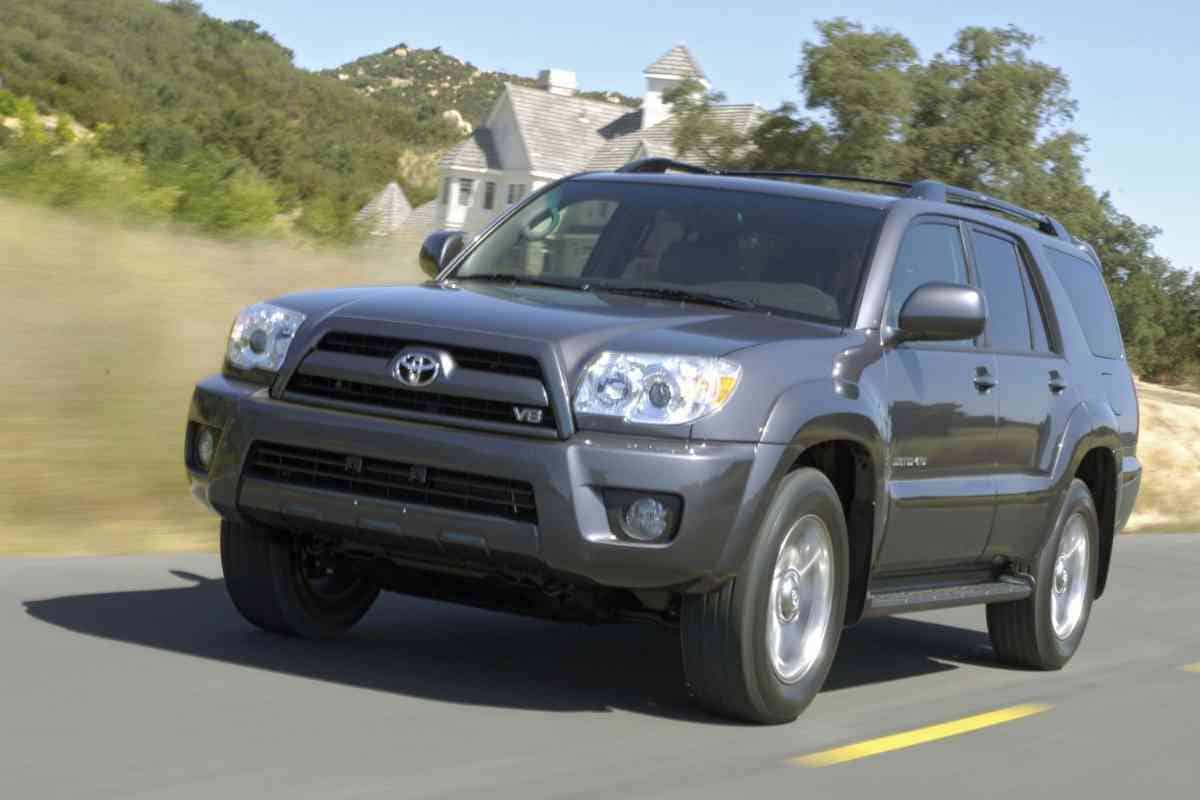
Structural Integrity and Corrosion
Navigating the challenges of owning a 4th generation Toyota 4Runner can be a bit of a journey, especially when it comes to issues like frame durability and body chassis corrosion. These concerns, along with electrical system quirks, are crucial to understand for maintaining the integrity and safety of your vehicle.
Frame Durability and Corrosion
The 4Runner’s frame is its backbone, but it’s not invincible against the elements.
- Frame Rot and Rust: A common issue in the 4th gen 4Runner is frame rot due to rust. This corrosion can significantly compromise the vehicle’s structural integrity, affecting safety and performance. In severe cases, this has led to recalls or extended warranties.
- Body and Chassis Corrosion: The body and chassis are also prone to rust, particularly in environments with high moisture or salt exposure. This not only leads to costly repairs but can also impact the vehicle’s overall strength and reliability. Keeping an eye on any recalls or lawsuits related to this issue is essential.
Tips for Maintenance:
- Regularly inspect the underbody for rust or corrosion.
- Pay attention to areas where water might accumulate.
- Stay updated on potential recalls and warranty extensions.
Electrical System and Accessories
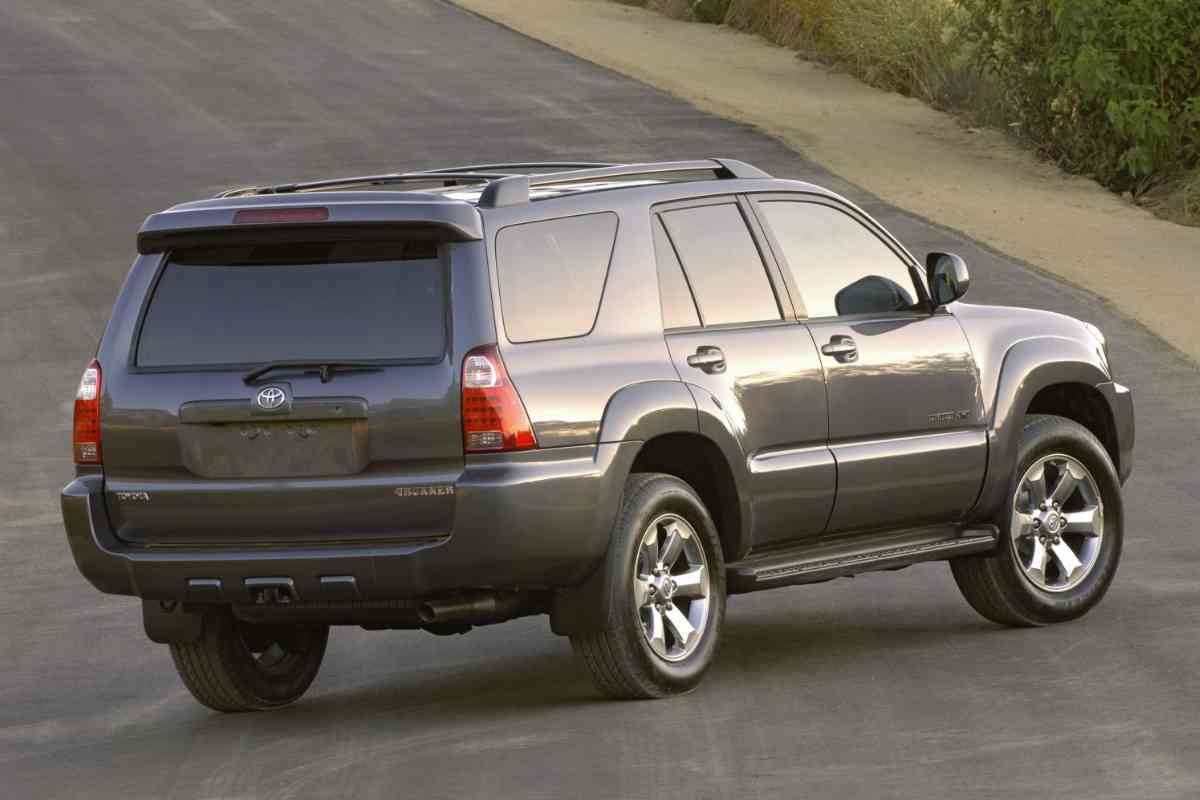
Electrical issues in the 4Runner can range from lighting problems to accessory malfunctions, affecting both convenience and safety.
- Lighting Issues: Headlight problems, such as dimming or failure, are often due to faults in the assembly or wiring. Similarly, dashboard lights are crucial for monitoring your vehicle’s status but can suffer from flickering or burnout. These issues typically require bulb or fuse replacements.
- Electrical Accessories Malfunctions: Features like automatic door locks and alarm systems are convenient but can be prone to malfunctions. Problems often originate from the control module or electrical relays. Additionally, the dashboard may experience issues with gauges or display screens, usually due to wiring problems or failing components.
Conclusion
Owning a 4th generation Toyota 4Runner means being vigilant about potential frame and body corrosion, as well as electrical system issues. Regular inspections, especially in harsh weather conditions, are key to maintaining the vehicle’s durability and safety. By staying informed and proactive about these common problems, you can ensure your 4Runner remains a reliable and sturdy companion on all your adventures.
Frequently Asked Questions
When discussing the 4th generation Toyota 4Runner, specific queries often arise concerning its reliability and performance.
What are common mechanical issues reported with the 4th generation 4Runner?
The 4th generation 4Runner has been reported to have issues such as head gasket failures in earlier models, cracked dashboards, and problems with the automatic transmission.
Which years of the 4th generation 4Runner are considered the most reliable?
Generally, 4Runner models from 2004 to 2009 are deemed reliable, with the 2005-2008 models frequently recommended by enthusiasts and experts for their lesser instances of mechanical problems.
Are there any significant differences in reliability between the V6 and V8 models of the 4th gen 4Runner?
Yes, there are differences in reliability between the V6 and V8 models of the 4th gen 4Runner. The V8 engine, available from 2003 to 2009, is often praised for its power and towing capacity, but it also has been noted for slightly higher fuel consumption compared to the V6.
What is a typical lifespan in terms of mileage for the 4th generation 4Runner?
The 4th generation 4Runner is known for its durability, often reaching over 200,000 miles with proper maintenance. Some owners have reported mileage well beyond this with no major issues.
How does the performance of the 4th gen 4Runner compare to other SUVs in its class?
The 4th gen 4Runner stands out with its rugged off-road capabilities and reliability. While not the most fuel-efficient, it competes favorably against other SUVs in its class in terms of longevity and overall performance.
